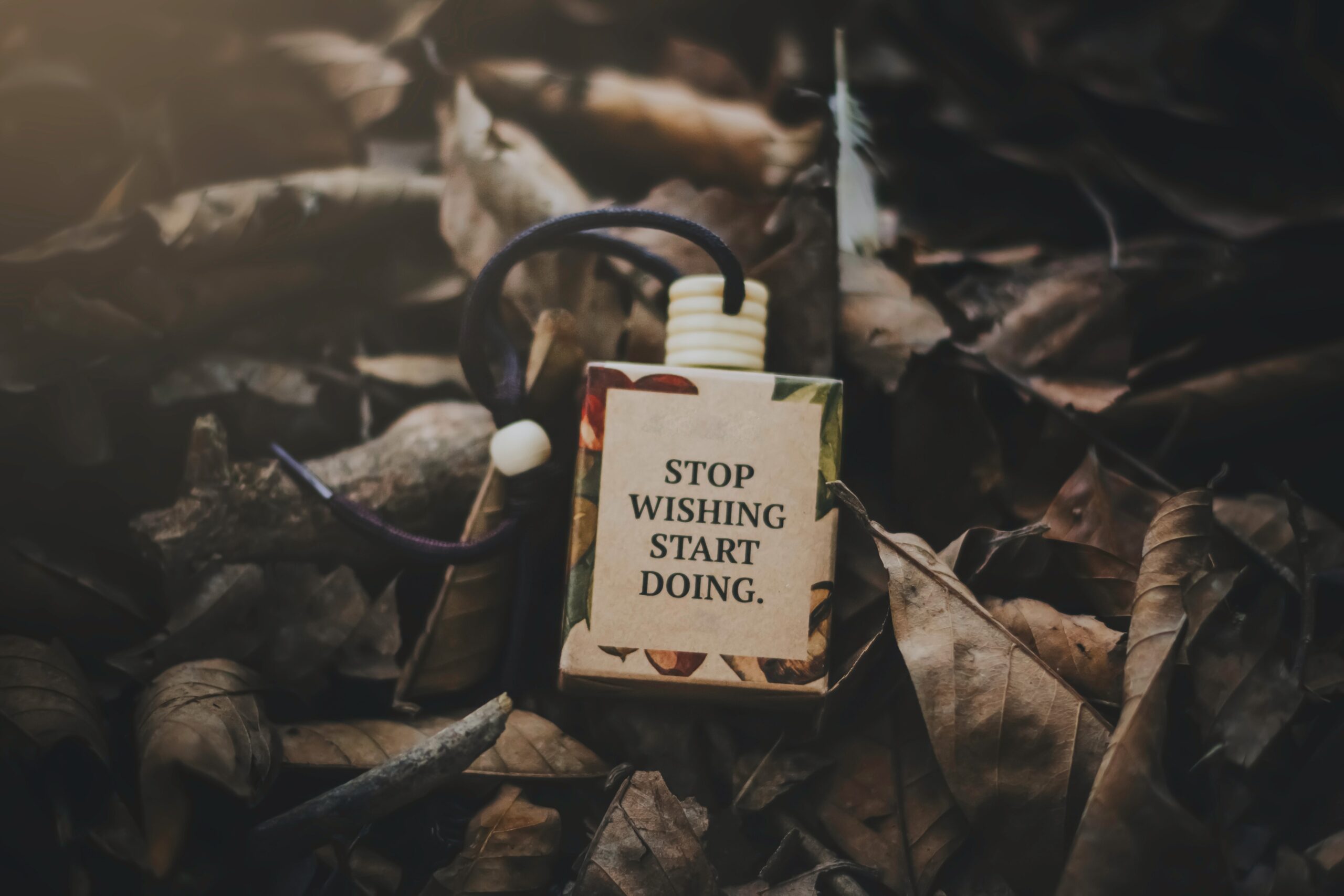Knowing your strengths contributes to developing self-awareness. You may gain fresh respect for qualities about yourself that you previously undervalued. Today, w We’ll talk about some practical techniques for how to identify your strengths.
You can discover your life’s mission because everyone needs to know their strengths. Understanding one’s strengths can help one better understand what makes one special and how one’s personality affects a community.
How Important It Is To Identify Your Strengths

To discover the conditions that enable you to thrive and seek out those situations, you should consistently practice identifying your abilities. You may be better suited for particular occupations or work situations than others depending on your experiences, personality traits, and skills in various areas. Even if you believe that you already know what your strengths are, writing them down and analyzing them can help you become more reflective and provide you with ideas on how to use your skills.
Identifying personal strengths might be difficult
Because it needs you to evaluate your abilities from a distance. Knowing your values, strengths, and interests is frequently a lifetime process, and self-reflection is a terrific approach to increase your self-awareness and think about how your various attributes might benefit others. People’s strengths might change over time, so it’s critical to regularly assess yours in order to spot advancements and find new passions.
5 Types of Strength

Interpersonal Strength
The abilities needed to effectively connect, communicate with, and work with both individuals and groups are known as interpersonal skills. High communicators both verbally and nonverbally, those with strong interpersonal skills are frequently referred to as being “good with people”. This regards interpersonal strength.
Intellectual Strength
This strength is shown by a person’s capacity to learn new ideas and apply them to his or her life. It is the capacity for learning in any field of study, including math, art, and science. A person has to engage in activities that require their brains in order to develop intellectual strength.
Strength of Restraint
Restraint is regarded as the most important quality. For one to have a healthy and meaningful life, this must be practiced. The Chinese culture values restraint and views self-control as a strength-enhancing quality.
Emotional Strength
The capacity to react openly and vulnerable when confronted with a strong emotional experience, feeling one’s way deeper into the emotion to gain access to implicit functioning processes that motivate action. This is referred to as emotional strength.
Theological Strength
Theology, in particular, is the study of religious experience, practice, and belief: the study of God and God’s relationship to the universe. Theological strength refers to how strong your faith is.
20 Ways How to Identify Your Strengths

Finding your own strengths is a difficult task. It sounds simple, but you must identify the aspect of your personality that has to be addressed. Here are some methods you might want to attempt in order to identify your personal strength. Once it is recognized, you may achieve anything in life.
Talk with the closed ones
Asking people you like, respect, and trust what they believe you are best at is a great way to learn more about yourself. Why not compile a list of people you can ask about the professions they believe would best suit your personality and strengths, and why? They might be close friends, members of your family, a lecturer or instructor, or someone else.
Find where you enjoy
Strengthening your abilities in a given area will not feel like work if you like doing it. See which mental or physical skills you employ when engaging in your favorite pastimes. You can get better even if you are not yet very good at this activity. When you appreciate what you do, strengthening becomes simpler.
You need to get out of your comfort zone
To discover your strengths, you must become self-aware. Try out new hobbies, talents, or pursuits to do this. Take a chance and contribute when a project calls for strengths that are outside the scope of your expertise. Look for new leadership opportunities, work as a mentor’s mentee, or enroll in programs to hone a particular skill.
Make an action-oriented plan
Action plans are helpful because they provide a framework for considering how you’ll carry out a project successfully. They help you in completing tasks in a logical sequence and in making sure you don’t skip any hard phases.
Write down what you do
Write down the five activities you most love doing over the course of a week. Ask yourself why you enjoy them, and give it some serious thought.
Take a personality test
It doesn’t get any simpler than this: just take a strengths test, and you’ll get your findings.
However, how you interpret the findings and what you decide to do with them are what really matter. Apply your core strengths from the report to your daily activities. Even in the midst of chaos, think of fresh ways to employ them.
Focus on doing new experiences in life
Because your life experiences have a big influence on your development of self-awareness, identifying your strengths requires trying out new skills, hobbies, and interests. Regularly look for professional development opportunities, and take chances by agreeing to work with people on projects that are outside the scope of your normal expertise. By enrolling in classes, asking employees if you may shadow them, learning new technological skills, and taking on leadership responsibilities in different fields, you can look for new experiences. If you take the chance to attempt something new at work, you might be surprised at the strengths you find.
Pay attention to when you are most productive
Pay attention to the times of day that you are most productive. When you are utilizing your strengths, time will seem to fly by.
This is so because we often like to play to our strengths. Consider making a note of the moments when your productivity leaps and connecting the tasks completed at those moments to your strongest traits.
Ask about your personality
Speaking with others, particularly those you love and trust may be incredibly beneficial while attempting to recognize your own inner power. Inquire about significant events in your life, then consider which of your collective strengths have helped you overcome challenges. To ensure you don’t miss any important information, write down everything they say.
Remember that they are more likely to inform you of your external strengths since they are more obvious to them. You can more easily recognize your own assets that support you in overcoming internal/personal challenges.
Look for pattern
Highlight any topics or character qualities that have been mentioned repeatedly once you receive responses from several different sources. To determine whether you concur, try asking yourself the same questions and comparing your responses. Your strongest abilities are most usually those that you use the most.
Discover your passion
Even if you’ve been spending a lot of time rejecting them, your cravings or longings reveal a lot about who you are. Think about your motivation for completing those tasks or achieving those objectives, as well as what it will take. These are likely your life’s interests and dreams, which are frequently areas of considerable strength. Many people make the mistake of following their family’s wishes and choosing careers like law or medicine while their true passions lay in ballet or mountain climbing. Write down your aspirations or life’s longings in a separate part of your journal.
Reflect on your values
Due to a lack of effort spent defining our basic principles, it can occasionally be challenging to pinpoint our strengths and flaws. These are the ideas that guide how you perceive the world, other people, and yourself. They are the cornerstone of your philosophy of life. No matter how others may see them, taking the effort to clarify your values will enable you to decide whether aspects of your life are strengths or weaknesses in your eyes.
Surround Yourself with a good company
The people you associate with have an impact on your personality traits, attitude, perspective on life, and strengths. They should make you feel your best and have a positive outlook on life.
Decide to surround yourself with people who are all supportive and have a variety of strengths. They should genuinely cheer you on when you achieve and support you when you’re having a bad day.
Consider a difficult scenario where something bad happens
Make careful you have a broad view of the situation. For instance, feeling helpless following a car accident is a completely normal reaction to the stress of the incident. However, this shows that asking for help (collaboration) from others could be a strength if you chose to do so. Being strong does not always require you to handle everything on your own.
Fous more on your known strengths
Some people could think that focusing on one’s flaws is a waste of time or possibly a misinterpretation of the situation. Instead, focus more on your strengths and work to develop them whenever you can. This strategy may be more effective than focusing on one’s own flaws. It could be preferable for you to concentrate on your unique skills and desires and work from there, as what people commonly refer to as shortcomings are frequently merely tied to a lack of interest or desire to develop. Be kind when you list your accomplishments because even in your “poor” areas, you probably have a lot of strengths. Then concentrate on the areas where you believe you can be more productive.
Avoid perfectionism
Be careful not to focus too much on your flaws. Perfectionism is a destructive behavior that can quickly develop and actually prevent you from succeeding. It’s better to start with your strengths for a particular skill set, then look for various specifics to develop those strengths and gradually advance over time.
Picture yourself
When you have all the information, create a self-portrait that analyzes your strengths. Be careful to include all the many characteristics that individuals mentioned when discussing you, as well as any traits you identified in your own evaluation.
Determine your areas of growth
There are many areas where you can improve, such as lacking social or professional abilities or exercising poor self-control when it comes to food. You could also just mean that you can’t catch a baseball or solve arithmetic problems quickly. Areas for improvement are frequently described in terms of “learning lessons from life” and avoid making the same mistakes twice.
Think about your conclusions
Spend some time reflecting after you’ve evaluated your strengths and weaknesses to see how you feel about the results. Determine which of your shortcomings you need or want to focus on, and then consider what you will need to do to address or improve these limitations.
Look for professional assistance
Ask a professional to assist you to identify your strengths and weaknesses if you are still having problems or would feel more comfortable working with someone else. There are organizations that can assist in psychological profiling, and they are frequently incorporated into recruiting firms.
Why strengths are a question in interviews
During a job interview, hiring managers frequently inquire about your strengths and flaws. Your answer is important, just like any other question. The goal of an interview is to assess your suitability for the position. Consider this a chance to showcase your strengths and show that you have a growth mentality.
Everyone has both positive and negative traits. By responding to this question, you will have the chance to give a specific illustration of how you maximize your abilities and address any weaknesses that are relevant to the position.
How to describe your strengths in interviews
It could be beneficial to consider this question from the hiring manager’s point of view first. What qualifications or skills are needed for this particular position? Think about how you can use your advantages to complement a job requirement’s key competency.
Be assured of your abilities. It’s okay to boast a little. This is your chance to emphasize why you are the perfect candidate for the position. Give examples of how you’ve used your top one or two strengths in the job. Even better if you can demonstrate this with quantifiable results. Think about the following two questions as you create your response:
- Why are you skilled at X?
- How may X benefit you at work?
The Bottom Line
Consequently, it is essential to identify your unique strengths. Without this understanding, you are unable to recognize who you are and, therefore, what you truly desire in life. The identification of strength reveals life’s purpose.
FAQs
What are some examples of strengths?
Following are some examples of strengths:
- Creativity
- Originality
- Open-mindedness
- Detail-oriented
- Curiosity
- Flexibility
- Versatility
What are the 5 types of strengths?
The types of strengths can be:
- Exclusive strength
- Agile strength
- Maximum strength
- Relative strength
- Speed strength
What does identify your strengths mean?
Positive character characteristics or abilities are referred to as strengths. Knowledge, characteristics, abilities, and talents are examples of strengths.
This is how we can define strength: anything about you that, through exercise and challenge, has the potential to develop and grow. something you excel at and enjoy. something you can consistently do while still having a stellar track record. something you accomplish successfully that gives you additional energy.
How do you identify your strengths and weaknesses?
Here’s how you can identify your strengths and weaknesses one at a time:
Strength:
- Take note of any feedback.
- Think about your interests
- Keep track of your most productive times.
- Inquire directly with others
- test your personality
- Find new experiences.
Weakness:
- Observe your ideas.
- Develop your self-awareness.
- Examine your connections objectively.
- Hire a coach.
- Keep a journal to record your thoughts and behaviors.
What does the word “strong” mean?
Strength is defined as:
- The quality or state of being able to exert or endure effort.
- Power, toughness, and the ability to withstand force.
- Impregnability is the ability to withstand an attack.

